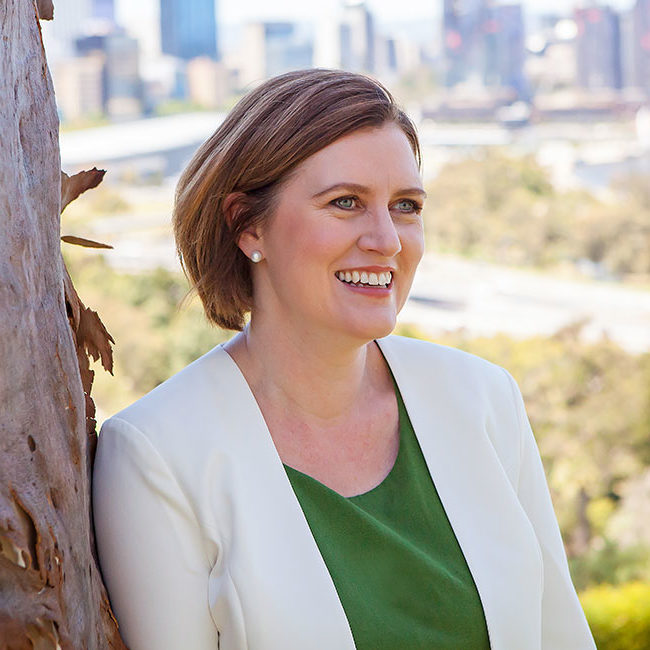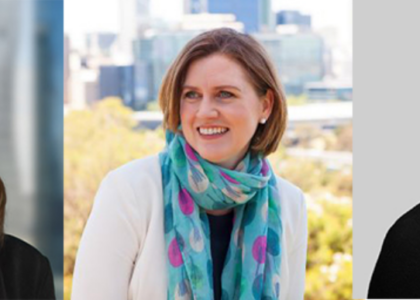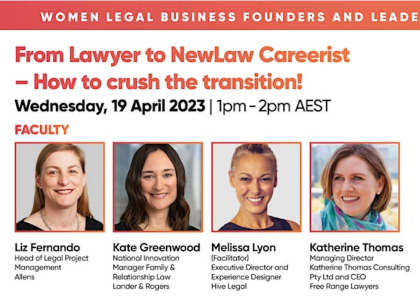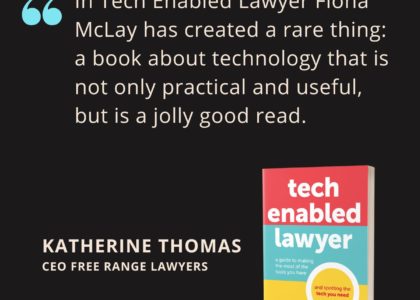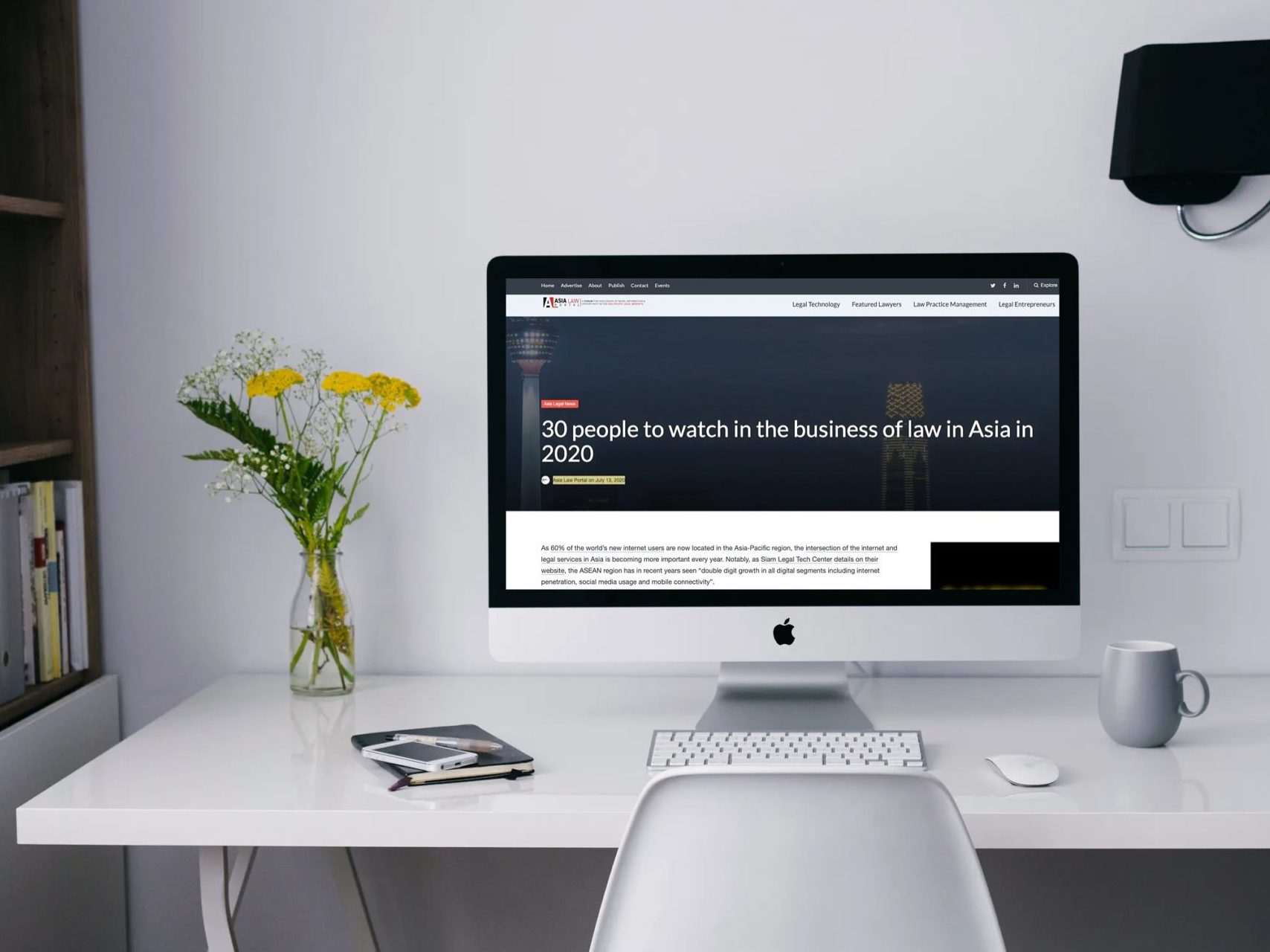
Katherine Thomas, CEO, Free Range Lawyers, Perth, Australia – Free Range Lawyers was founded in 2019 to help empower remote working lawyers and law firms seeking flexible work arrangements. In a recent interview with Asia Law Portal, Thomas details the inspiration behind — and the future plans for — this groundbreaking legal services company.
'I felt quite strongly that the story of flexi lawyering hadn’t been told. Since the flurry of activity in 2013-2014, the narrative had hardly changed and I felt there was a place for a different take on the theme.
...we’re not a law firm: we’re a flexible lawyer service that matches lawyers to law firms. This means we’re not competing with firms: we’re supporting them.'
Katherine Thomas
CEO
The World’s Only Remote-First Flexi-Lawyer Service: An interview with Katherine Thomas, CEO, Free Range Lawyers
Free Range Lawyers was founded in 2019 to help empower remote working lawyers and law firms seeking flexible work arrangements. In this interview with Asia Law Portal, Katherine Thomas, CEO of Free Range Lawyers, details the inspiration behind — and the future plans for — this groundbreaking legal services company.
What inspired the founding of Free Range Lawyers?
Three things came together.
First, I wanted to share the remote-working love. Since moving to Australia, I’ve worked for law firms around the world from my home office at the top of a hill just outside Perth. It struck me that there was no reason why lawyers couldn’t have the same opportunity for this freedom and flexibility in their working lives.
Second, I wanted to do something to support national, mid-sized and boutique firms. When I moved to Australia, I chose to work with this segment of the market rather than the big internationals that I had worked with previously. I learned just how integral these firms are to a vibrant and diverse legal sector. Free Range Lawyers is my contribution to supporting that part of our community.
Third, I felt quite strongly that the story of flexi lawyering hadn’t been told. Since the flurry of activity in 2013-2014, the narrative had hardly changed and I felt there was a place for a different take on the theme. The established players were all targeting “role replacement” 9-5 in-office work through the same lawyers living in the same cities. This left room for a service that finds talent outside traditional locations and deploys it in a more flexible way.
Actually, there might be a fourth factor: the tipping point was coming up with the name: once the ‘Free Range’ moniker hatched, I had to use it!
Free Range Lawyers works fully remotely with lawyers and clients. Tell us more about this.
Yes, we’re focused on lawyers who want to work remotely and law firms who want to deploy their services on a flexible basis. Whether a lawyer works from a city centre office, from their home in Sydney’s suburbs or from a farm in rural Queensland, their knowledge, experience and skills remain the same. Free Range Lawyers capitalises on this portability, to find that talent and then link it to firms that want to manage and resource their work creatively.
How is Free Range Lawyers unique among NewLaw firms in the Asia-Pacific region?
Well, we’re not a law firm: we’re a flexible lawyer service that matches lawyers to law firms. This means we’re not competing with firms: we’re supporting them.
We’re also the only remote-first flexi-lawyer service, not just in the Asia-Pacific region, but in the world. Other flexi-lawyer services before us have offered remote working alongside in-office options and we’re most definitely standing on the shoulders of these giants, but we’re the first to have a sole focus on remote.
Free Range Lawyers currently operates in Australia, New Zealand and the UK. Do you have any plans for further international expansion?
We’re still in our early days, so Australia, NZ and the UK will keep us busy for the foreseeable future! That said, the very nature of our approach – deploying relevant skills wherever they happen to be located – makes lower risk expansion into new geographies, but also new services or markets, possible. There are lots of options but, for now, we’re just looking at growing and embedding our current model.
You have a background in working for NewLaw firms. How has that helped you in the development of Free Range Lawyers?
My involvement in the earlier days of ‘NewLaw’ most definitely contributed to the development of Free Range Lawyers. I was fortunate to establish the flexi lawyer service Vario for Pinsent Masons in 2013 and grow it into a leading newlaw player. It was one of the most fantastic experiences of my career.
I learned so much about what it takes to do anything new; particularly the mindset needed to stay the course. It also opened my eyes to the possibilities out there, if only we’re prepared to challenge convention. As anyone involved in doing law differently knows, it’s pretty addictive and difficult to go back, so Free Range Lawyers is most certainly a product of those early ‘NewLaw’ experiences.
What do you see as the future of flexi-lawyering for law firms?
The big players have either established their own captive flexi lawyer service, like Vario, or outsourced it to an established global player. In flexi lawyering 1.0, this established the value of the model as it applied to in-house legal teams. Flexi lawyering 2.0 established it as an option for firms themselves.
Now I see flexi lawyering 3.0 emerging, where the concept expands to firms that sit outside this large international group. Sensible scale-up will be an important part of the next decade, where these national firms, SMEs and boutiques enhance their essential core resources with trusted flexi lawyers when workload or work type demands. They will transfer some fixed costs to variable and, in doing so, will more closely align them with demand. This will offer real potential to compete for work that had previously been out of reach due to the need for scale and specialist skills. Providers like Free Range Lawyers will help these firms compete in an entirely new way and this represents a really exciting future for all of us.
What do you see as the future of remote working in the law?
I see it having an important role, alongside offices and collaboration spaces. It will be all about choice: some people will work wholly remotely, some will work wholly in the office and the majority, I suspect, will do a combination of the two.
With communication technology as developed as it is, remote working has too many benefits to continue to be a fringe issue. All of those benefits are directly relevant to critical issues we’re facing now. For example, remote working diminishes reliance on energy-sapping offices and commutes. It increases diversity and inclusivity by democratising access to quality work. It decouples the link between “city-quality” work and inflated housing prices by offering the option to live in a lower cost location. It gives individuals greater control over their day and supports communities and family life as well as offering ways to increase personal wellbeing.
However, it’s not for everyone. That’s why work styles in the future will be all about choice and flexibility. Eventually, I see a world where remote work isn’t a ‘thing’: it’s all just ‘work’ and we don’t give a second thought to where it’s done.
